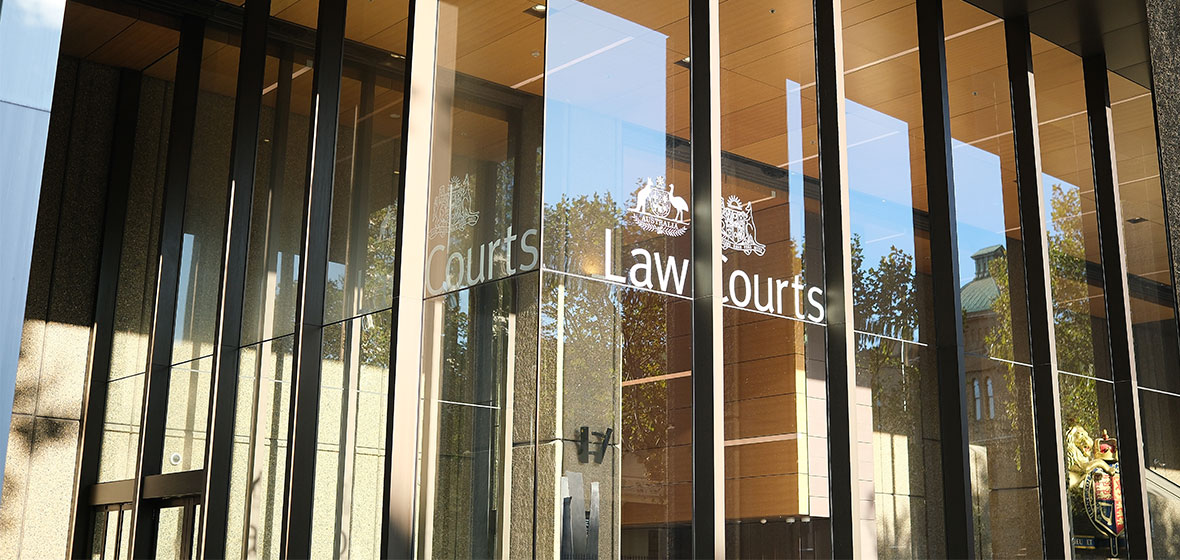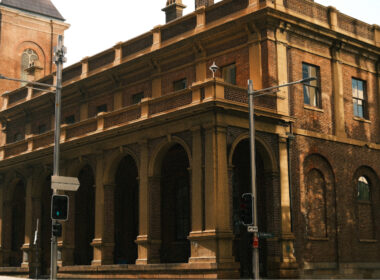The NSW Supreme Court has declared the state government’s expanded police powers restricting protests "in or near" a place of worship are invalid.
The ruling, which stemmed from a challenge by the Palestine Action Group (PAG), found the legislation improperly burdened the implied freedom of political communication under the Australian Constitution.
The NSW Government argued the law had the “obvious and legitimate purpose” of protecting religious communities from physical obstruction, harassment, or intimidation while accessing their places of worship, and contended the laws were confined only to disruptive behaviour.
However, Justice Anna Mitchelmore rejected this interpretation, noting that the legislative text specifically targeted protest activity without requiring the protest to be focused on or directed at the place of worship itself. The ruling highlighted that common protest routes often put demonstrators in close proximity to places of worship, making the power to issue move-on directions overly broad and an unnecessary restriction on political speech.
Activist Josh Lees celebrated the ruling, stating the laws were “rushed through parliament based on a pack of lies, were unconstitutional and invalid.” He affirmed the group would continue its demonstrations, as “we’ve defended the right to protest.”
Greens MP Sue Higginson called the decision a “resounding win for all of New South Wales,” arguing Premier Chris Minns “created a moral panic, and when governments create moral panics, they make grave mistakes and they do go too far.” She asserted the ruling confirmed that “no executive, no premier is able to embolden police to burden that freedom.”
“[W]e are not, and we will not become a police state,” Higginson stated defiantly, “It is just not befitting of a mature and a sophisticated democracy.”
While the court invalidated the broad police move-on powers, it left intact the separate offence that criminalises deliberately impeding, harassing, intimidating, or threatening a person accessing a place of worship. Premier Minns said the government would consider the ruling, stating the laws were designed to “strike the right balance between community protection and the freedom of political expression.”




